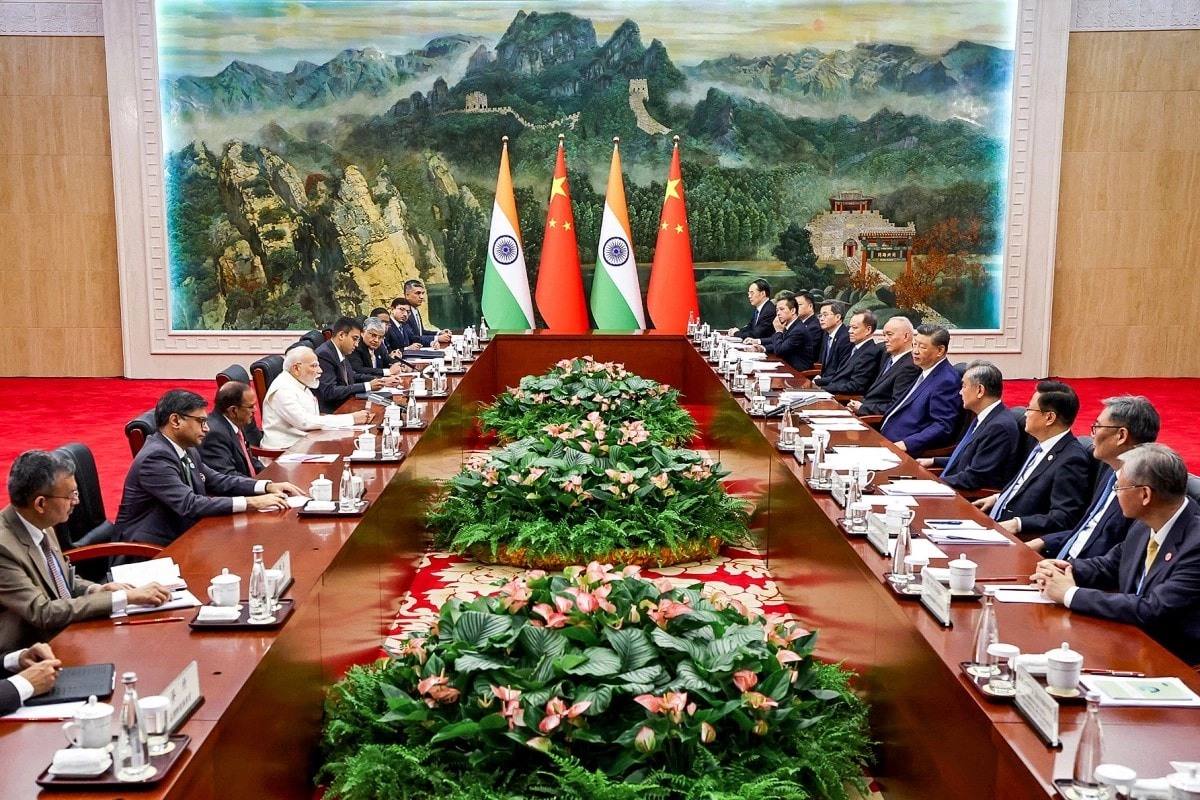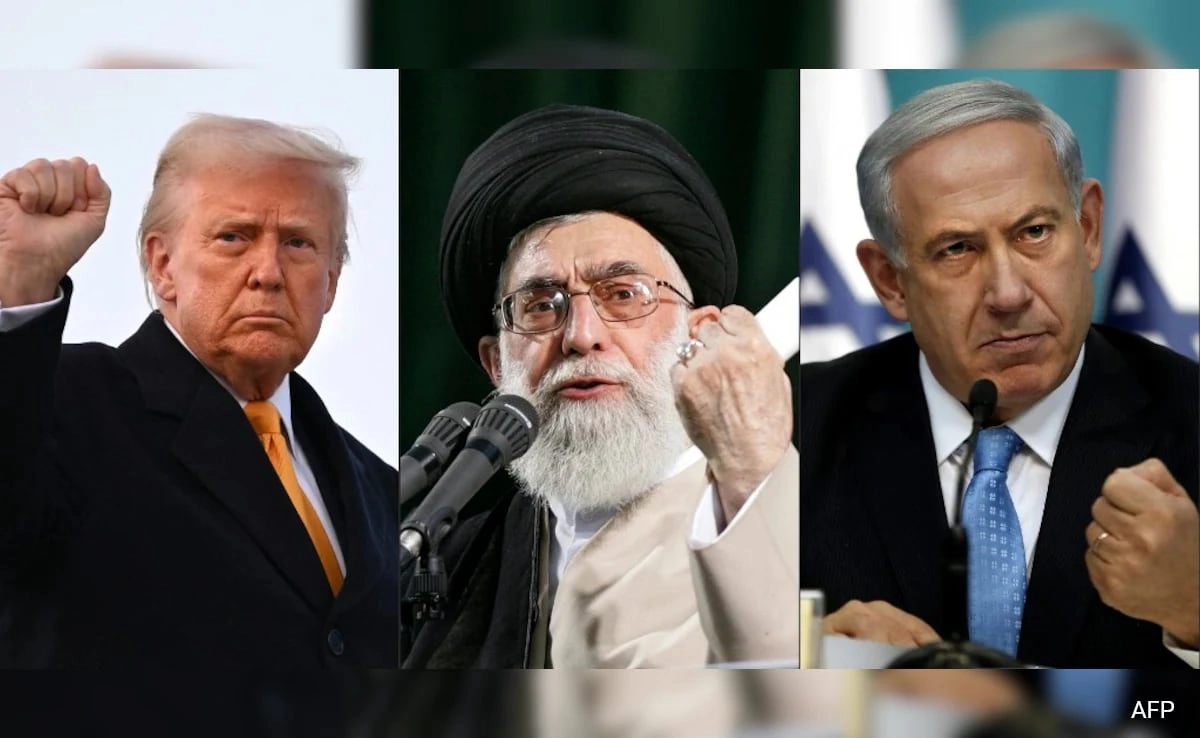During a recent meeting, Indian Prime Minister Narendra Modi addressed the pressing issue of cross-border terrorism emanating from Pakistan. This discussion took place in the context of a broader dialogue with Chinese President Xi Jinping, underscoring the significance of regional security and stability. Modi articulated India’s concerns regarding the persistent threat posed by terrorist activities that originate from across its borders, particularly from Pakistan. He emphasized the need for a unified approach among nations to combat terrorism, highlighting that it undermines peace and security not only in India but also in the larger South Asian region.
In a notable response, President Xi Jinping expressed his support for India’s stance on the matter. This endorsement marks a significant diplomatic gesture, indicating that China acknowledges the challenges India faces due to cross-border terrorism. Xi’s remarks suggest a willingness to collaborate on counter-terrorism initiatives, which could pave the way for enhanced cooperation between India and China in tackling shared security threats. This alignment between two historically rival nations may signal a shift in regional dynamics, where common interests in combating terrorism can lead to more constructive relations.
The discussions also hinted at the potential for increased collaboration beyond just counter-terrorism, as both leaders recognized the importance of stability for economic growth and regional development. Modi and Xi acknowledged that terrorism, if left unchecked, could derail progress and prosperity in the region. Thus, the dialogue not only revolves around immediate security concerns but also encompasses a broader vision for sustainable development and peace in Asia. By addressing these issues collectively, India and China could enhance their bilateral relationship while contributing to a more secure environment for all nations involved.
Moreover, the convergence of interests between India and China on the topic of terrorism could lead to a re-evaluation of their diplomatic ties. Historically, the two countries have had complex relations, often marked by tensions and border disputes. However, the current geopolitical landscape necessitates a more cooperative approach to address mutual threats. The dialogue initiated by Modi and supported by Xi could serve as a foundation for future engagements, where both nations work together not only to counter terrorism but also to foster economic cooperation and regional stability. This development could reshape the security architecture of South Asia, promoting a more collaborative effort in the fight against terrorism and enhancing overall peace in the region.




